I’m writing this after an 8.5 hour drive with a college friend to…take a stroll. A stroll to the summit of Mount Sunapee, where the pristine Lake Solitude resides.
I.
Even though I am a Professor, with 3 summer months off from teaching, I still find it hard to leave my stand-up desk. Part of the reason is a work culture that prioritizes terrible proxies for achievement over actual accomplishments.
Each year my colleagues and I fill out a form where we are judged not for the quality of our work but quantity. Please list how many articles you published this year. Please clarify how many articles were published in “high impact” journals1 (do read this footnote!). Make a similar list of how many grants you received, how many book chapters you wrote, how many conference presentations you gave, and add any additional lists, the longer, the better, justifying your existence.
What’s interesting is how often members of the faculty evaluation committee publicly admit that they do not read anyone’s writings. What they do is count and compare. Is it any wonder that there is so much fluff published in science? Work that does not achieve the goal of helping us understand humanity? Something I have written about here:
What's Bothering Me the Most in Psychology
[Note that this post is too long for email. Click on the title of the post to read on the Provoked Substack]. If you seek unconventional insights on well-being + optimal performance, consider this newsletter home (learn more - here).
In a work environment where the emphasis is on producing a vast quantity of products, knowing that these products will hardly ever be seen, three consequences are probable:
A high volume of production will occur.
The products, for the most part, will be based on what can be accomplished easily, quickly, and without complication.
Rarely will there be production of work that is challenging and significant, demanding substantial time and effort.
People don't venture into science with the aim of producing 700 scientific articles. They do so to answer specific questions and uncover new areas of knowledge.
Be cautious of how the work culture and incentives hinder significant advancements.
II.
Ponder these thought-provoking words by author Eric Hoffer.
There are many who find a good alibi far more attractive than an achievement. For an achievement does not settle anything permanently. We still have to prove our worth anew each day: we have to prove that we are as good today as we were yesterday. But when we have a valid alibi for not achieving anything we are fixed, so to speak, for life. Moreover, when we have an alibi for not writing a book, painting a picture and so on, we have an alibi for not writing the greatest book and not painting the greatest picture. Small wonder that the effort expended and the punishment endured in obtaining a good alibi often exceed the effort and grief requisite for the attainment of a most marked achievement.
I bolded that last line. Those of us who procrastinate might feel seen. There's an abundance of alibis we can resort to, preventing us from reaching our potential. Tomorrow, that elusive 'perfect day' we always think will come for starting something big. It's like waiting for a bus that's always 'just around the corner'. To-do lists, those endless tasks we convince ourselves need to be done before we can focus on what truly matters. It's like cleaning the house before you can sit down to write. Waiting for the muse, that unpredictable spark of inspiration we believe must strike before we can create. It's like waiting for a lightning bolt to start a fire, instead of rubbing two sticks together. Each one, a self-made excuse, a shield against the risk of tackling the hard, meaningful pursuits. Underneath these excuses, the seeds of potential lie dormant.
Raising children, that all-consuming, 24/7 job that provides an automatic 'get out of jail free' card for not pursuing personal goals. A diagnosis, like ADHD, can feel like a mountain in your path, making the journey seem impossible. Past negative life events, such as a turbulent childhood, can cast long shadows over our present, making it seem like we're forever walking in a twilight zone.
I acknowledge that this idea of alibis might not sit well with some of you. Yes, mental health is crucial, parenting is challenging, and not everyone has been spared life's harsh blows. But it's worth asking: when do we recognize someone's ability to act - their agency, and when do we hold them accountable for their present and future?
III.
During my three-month summer break, I find myself playing a mental game of 'what counts'. What counts as non-work that fuels the work, and what's just a cleverly disguised alibi?
Does a 4-hour hike up a series of mountain trails with friends count? Because my mind is finely tuned by their probing questions, nostalgic tales, and shared knowledge. My mind wanders through the surrounding physical and mental terrain. Does that count?
Or what about cooling off in Lake Solitude, silent, with just my eyes breaking the surface as I exhale bubbles? Moments where there is no clear route of where my mind might roam. Does that count?
Maybe it's a long drive with no destination, the rhythm of the road coaxing my thoughts into structured form. It's not 'work' in the traditional sense, but it's not quite 'not-work' either. It's a gray area, a third space. Does that count?

Productivity isn't confined to time spent with a pen or keyboard under your fingertips.
Judgment on what contributes to great work should be reserved until later down the line. A creative process that cannot be broken into 12-month increments.
I think about this when working on my books. Every perfectly constructed paragraph is the result of timing and the events that led up to them. Yes, there are alibis/excuses that cost me days and weeks. But there are also incubation periods. Be it an isolated weekend spent holed away in a hotel writing, away from family, or a three day retreat in the warm embrace of friends in New Hampshire. And sometimes, we don't need to categorize these breaks or justify them as productivity boosters. Just step away and be nourished.
For psychologically sound productivity tools, do read
+Thanks for reading Provoked. If you’d like to support my work please:
Leave a ❤️ so that others can find it;
Leave a comment (I respond to each of them);
Share this post by email or on social media;
Start a paid subscription to this Substack (with lots of benefits).
Todd B. Kashdan is an author of several books including The Upside of Your Dark Side (Penguin) and The Art of Insubordination: How to Dissent and Defy Effectively (Avery/Penguin) and Professor of Psychology and Leader of The Well-Being Laboratory at George Mason University.
Read Past Issues Here Including:
Are You Underestimating the Benefits of Anxiety?
I am thrilled to hear about vibrant discussions in book clubs around my work. Let me introduce a new feature on Provoked, where I'll be responding to reader questions. To kick things off, I received an insightful question that I believe many of you can relate to. Here's an excerpt:
I love this argument against using journal impact factors (JIF) as the primary determinant of quality, which is exactly what my university does. From Dr. Paulus here:
Suppose we search a book in a library catalog and do not find it. In this case it is reasonable to use the lack of information about the book in the catalog to conclude that the book is not in the library. Similarly, if we look at a train timetable and do not see a particular town listed, it is reasonable to conclude that the train does not stop in that town. However, suppose we are planning a party and have invited the whole department, in the hope that a particular person we are attracted to will attend. In this case a lack of information indicating that the person will come does not warrant the conclusion that the person will not come. Catalogs and timetables are fairly closed environments in which we can expect all relevant information to be stated explicitly. But environments like those of social interactions or research endeavors with myriads of available scholarly communication channels are more open, so that the absence of information about something being the case simply does not warrant us to conclude that it is not the case. A consequence for the JIF would be that low impact publications do not signal low research quality, but rather uncertainty about the quality and the need to gather more information in order to be able to determine research quality.
My colleagues and I often publish in “lower-tier” journals because we are getting older and want to get the science out quickly. Our egos are no longer as high. We no longer get the same dopamine hit from “proving” we are worthy of a “top-tier” publication. We just want to share our work and do it quickly. This is one of many reasons I love writing this newsletter!



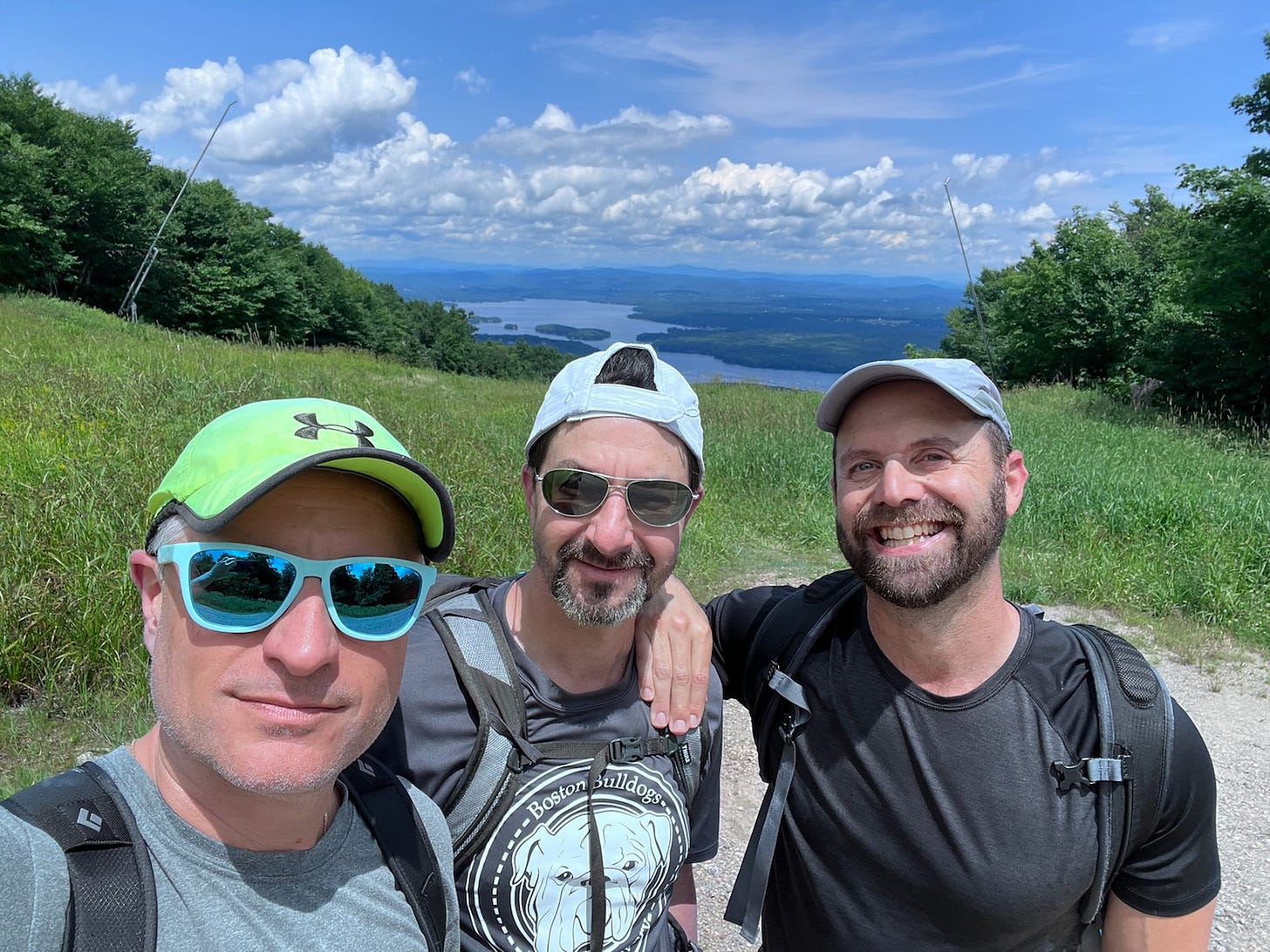
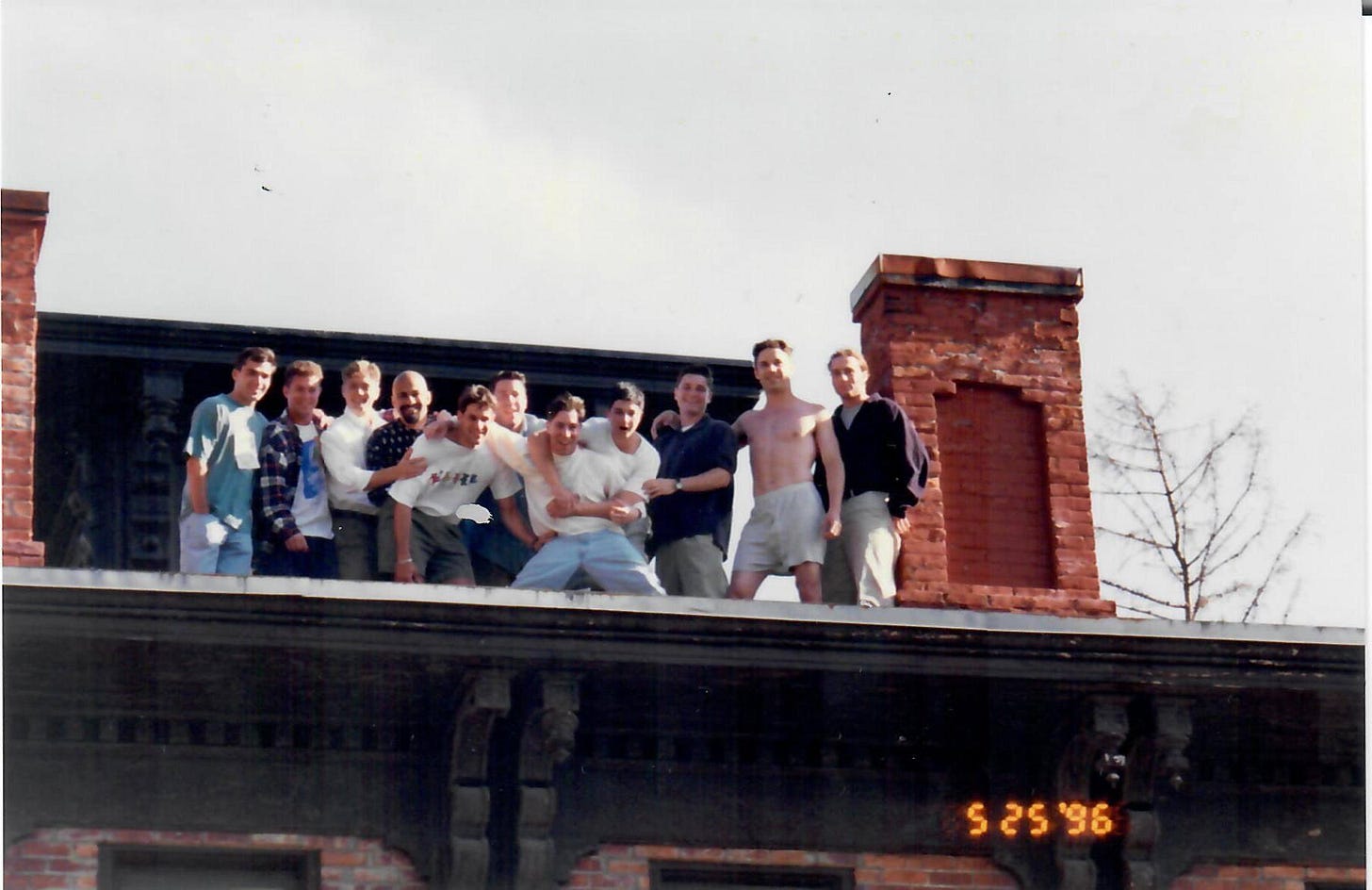
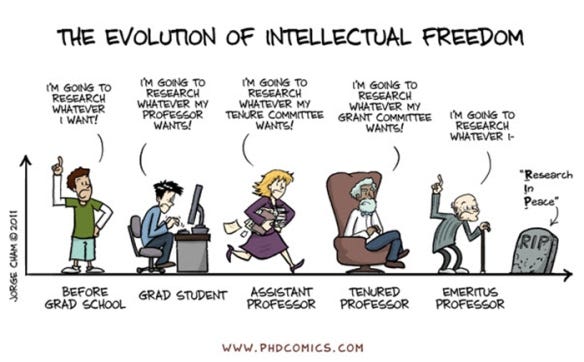
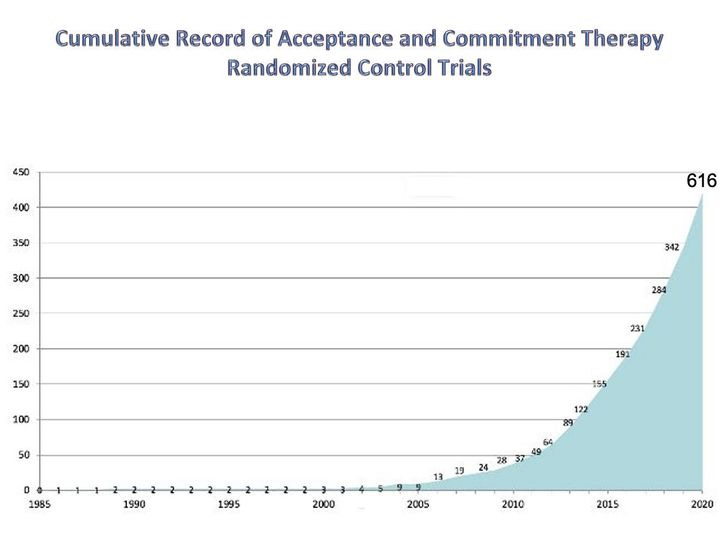

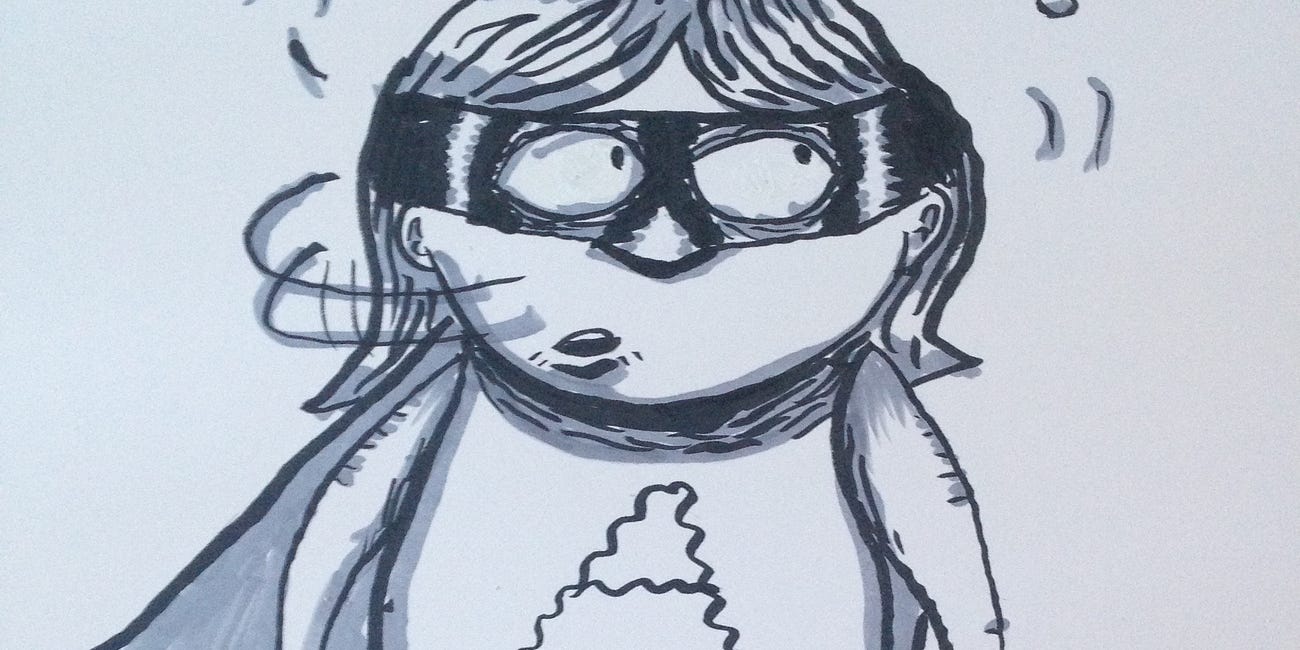
I am provoked to realise that often all I buy are alibis which my future self has to pay for. Stumbled across a ChatGPT AI powered future me (#MITFutureYou) so I asked what advice my 60 year old self can give me to move past procrastinating.
I needed to read this today. Yes, the alibi note too, I am an expert at finding them.
There is nourishing and there is over-indulging. Thank you for threading this line graciously, Todd. Your work not only counts, but it matters.